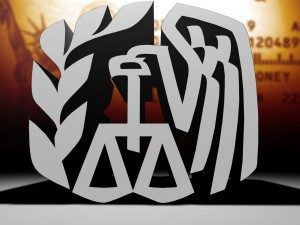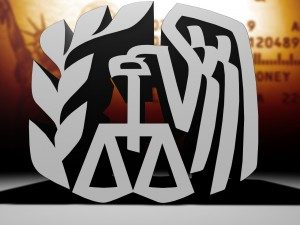IRS Backlog – UPDATE
Everyone knows COVID-19 pandemic has affected all of us. The IRS is no exception.

There can be communication issues when dealing with mixed media: manual, paper letters along with electronic systems on a good day. When you add the slowed USPS system to the mix, it is only making the IRS processing system more strained. Currently, there are computer-generated notices going out from the IRS that do not properly reflect the taxpayers’ account status because of this delay. The IRS is stating online that they are experiencing high call volumes and have issued an “E-News for Tax Professionals Issue 2020-33“. There are many people who are simply calling to follow up on manual payments that were sent in weeks ago.
If you are frustrated with the IRS, know you are not alone. The issue is acknowledged and they are trying to resolve the backlog by bringing in additional help. The Journal of Accountancy published an article on this same topic as well.
As of August 21, the IRS has temporarily suspended the mailing of all notices to taxpayers with balances due. The latest article shared by the IRS explains more about the steps the System is taking to eliminate confusion and keep the process moving as smoothly as possible.
Please contact our office if we can answer any of your questions.




 Small businesses looking to get some relief from the Payroll Protection Program may run into a snag or two. Because this stimulus package was passed so quickly, the banks are not necessarily prepared to handle the loans like the media initially described. This
Small businesses looking to get some relief from the Payroll Protection Program may run into a snag or two. Because this stimulus package was passed so quickly, the banks are not necessarily prepared to handle the loans like the media initially described. This  FOR IMMEDIATE RELEASE Contact: Joseph Kyzer<
FOR IMMEDIATE RELEASE Contact: Joseph Kyzer< In an effort to streamline the ever-changing world we live in with the COVID-19 virus, here are some links that are all related to updated tax changes, small businesses, individual sick leave, and other filing requirements. As more information is released, it will be added at the top of this list.
In an effort to streamline the ever-changing world we live in with the COVID-19 virus, here are some links that are all related to updated tax changes, small businesses, individual sick leave, and other filing requirements. As more information is released, it will be added at the top of this list.




